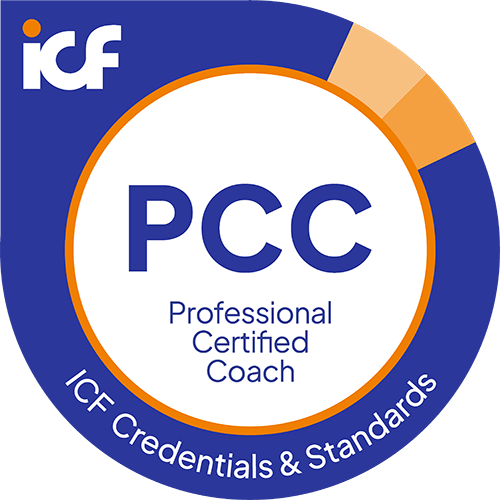
When you’re choosing a coach, consider…
- The coach’s professional training and experience. What credentials has the coach earned? Earning a professional credential from the International Coaching Federation means completing required training, passing exams, and conducting verifiable hours of coaching.
- Whether the coach’s location or time zone matters. Are you comfortable with long-distance coaching via Zoom or phone or do you want in-person sessions?
- The coach’s communication style. You have a style of your own, and you’ll want to find a coach who suits it.
- The coach’s availability. Will you be able to ask for assistance between scheduled coaching sessions and, if so, on what basis?
- How you will make time in your schedule for coaching. To gain the most benefit from coaching, you’ll need time to work on insights you gain through coaching as well as to attend scheduled sessions.
Other considerations…
- Feel free to engage a coach who isn’t an expert in your field. A coach who can listen thoughtfully and question insightfully will bring a fresh perspective to your situation. You’re not looking simply for a mentor who shares experience or a consultant who provides answers.
- Expect a coach to offer a complimentary getting-acquainted session where you both can decide whether you want to work together. You might like this litmus test that one coach uses: “Would I go on a road trip with this person?”
Coaches are your external eyes and ears, providing a more accurate picture of your reality…recognizing the fundamentals…breaking down your actions and helping you build them back up again.
Atul Gawande, MD, TED Talk 2017



